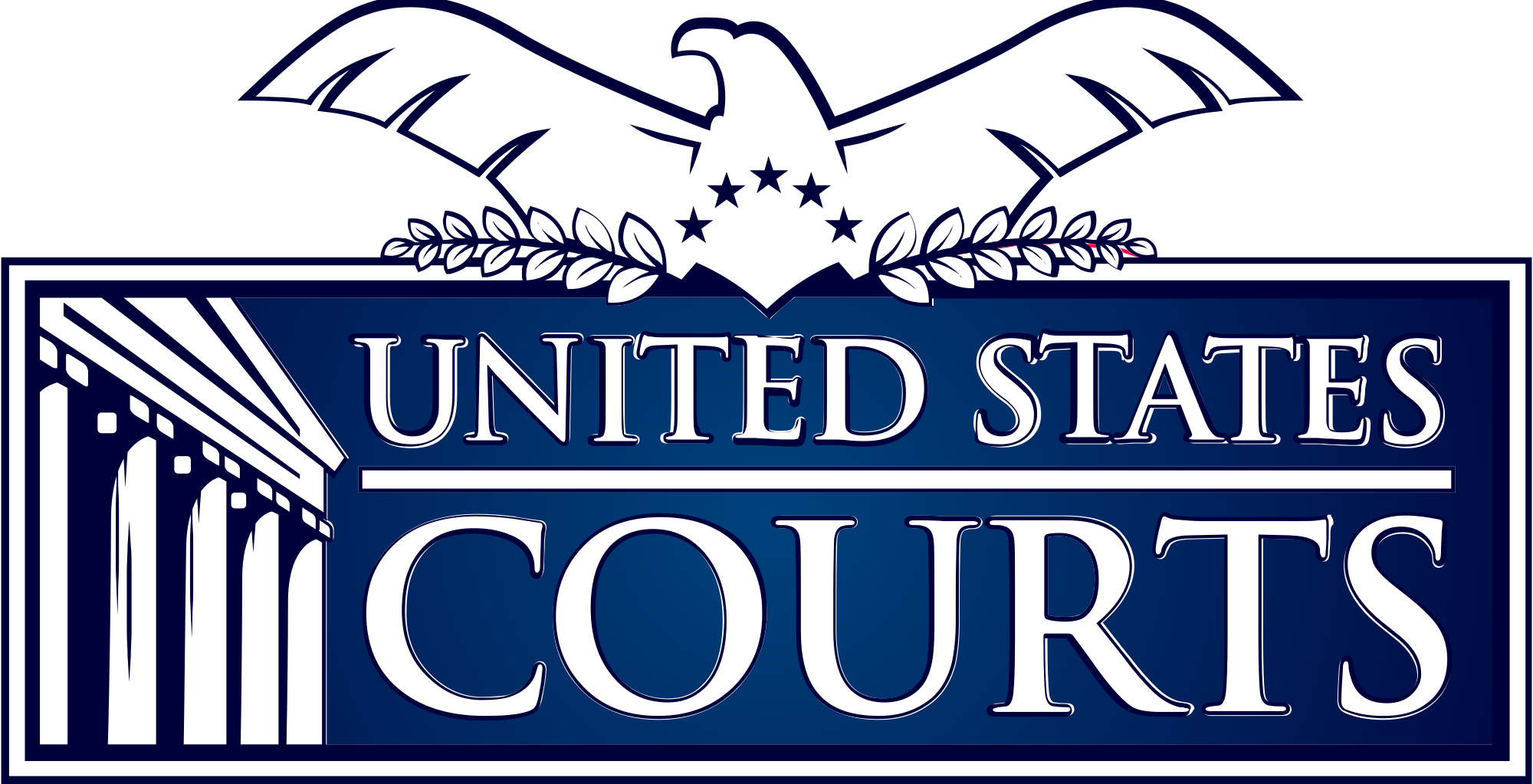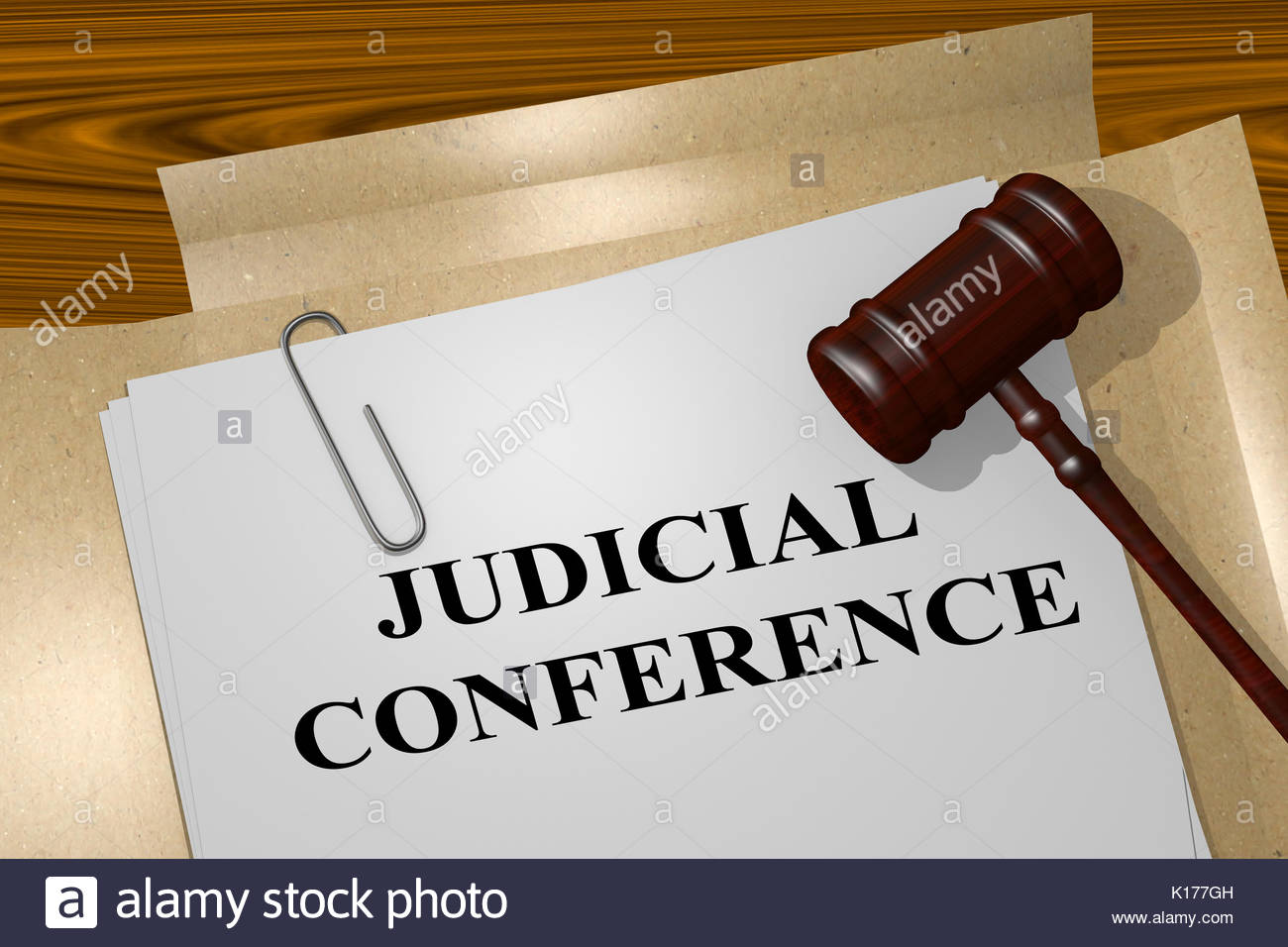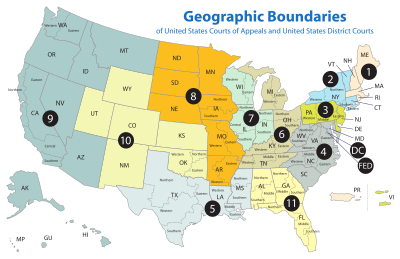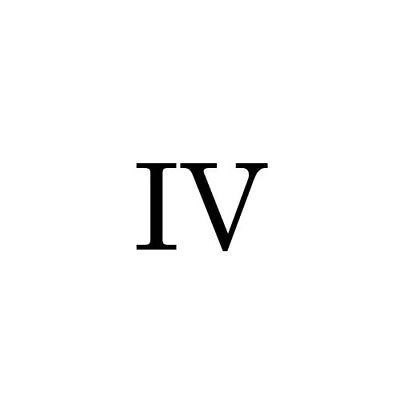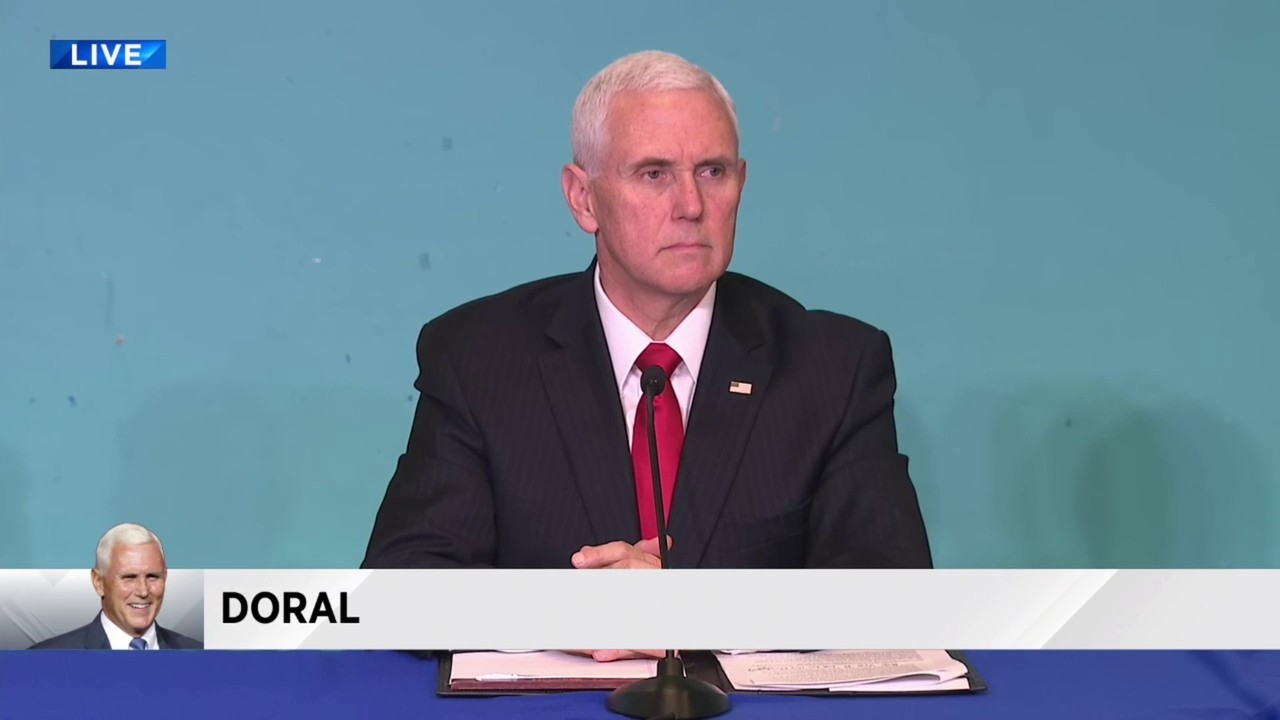EU, WTO, UN Opposition? “Bring It On.”
Ben & Jerry’s- “You’ve Been Served”
“Breaking News” For ABC/CBS/CNBC/CNN/FOX/MSNBC/NBC?
Might Title III Work?
“They Stole It. You’re Using It. Now They Or You Pay For It”
Media Narrative Likely Will Support Decision
25+ Companies Could Be Challenged
If Maduro Administration Ends, Far Worse For Cuba
How To Recoup US$1.9 Billion?
North Korean Embassy Is Former Home Of U.S. Journalist’s Family
A Day Of Reckoning? 21,446 Days Is Enough
Consequential to appreciate while some occupants of The White House have absorbed criticism from international organizations as Superman would respond to kryptonite, the Trump Administration, as the MUTO in Godzilla 2014, devours and fuels by such criticism.
On 17/18 March 2019, the Trump Administration is planning to permit Title III of the Cuban Liberty and Democratic Solidarity Act of 1996 (known as “Libertad Act”) to become operational. The proponent slogan for Title III- “If you don’t own it, don’t use it.”
Lawsuits could be permitted to be filed in United States Federal Courts against individuals, companies, and perhaps governments who are using an asset expropriated without compensation from the original owner and for which compensation was not paid to the original owner by the Republic of Cuba.
The Trump Administration will likely authorize lawsuits by the 5,913 certified claimants rather than the estimated 50,000 non-certified claimants. The most consequential decision by plaintiffs will be determining who gets sued and where they get sued.
The failure of the Obama Administration and Castro Administration to use their unique moment created an opportunity for the Trump Administration.
From the United States District Court: “For filing an action brought under Title III of the Cuban Liberty and Democratic Solidarity (LIBERTAD) Act of 1996, P.L. 104-114, 110 Stat. § 785 (1996), $6,548. (This fee is in addition to the filing fee prescribed in 28 U.S.C. § 1914(a) for instituting any civil action other than a writ of habeas corpus.)”
The following could happen even though the United States-based operations are separate from the non-United States-based corporate entities:
It’s a “Breaking News” event for ABC/CBS/CNBC/CNN/FOX/MSNBC/NBC.
Another sunny day in South Florida. The General Manager (GM) of the ME Miami on Biscayne Boulevard greets in the lobby an individual with a warm “Buenos Dias.” The GM then receives a document and a response- “You’ve been served.” Palma de Mallorca, Spain-based Melia Hotels International manages thirty-four (34) properties in the Republic of Cuba.
The process is repeated at the Sofitel Washington DC Lafayette Square managed by Paris, France-based Accor SA which manages properties in the Republic of Cuba.
And on the Concourse Level at 1 Rockefeller Plaza in New York City at Blue Bottle Coffee managed by Oakland, California-based Blue Bottle Coffee Inc. or at the Nespresso Boutique on Century Square Terrace in Austin, Texas. Vevey, Switzerland-based Nestle SA owns both companies.
And in picturesque, South Burlington, Vermont, at the office of Ben & Jerry’s Homemade Holdings Inc. The company is owned by London, United Kingdom/Rotterdam, Netherlands-based Unilever.
At Kenwood, California-based Kenwood Vineyards on Highway 12, guests are enjoying a tasting, when the document arrives. Paris, France-based Pernod Ricard owns Kenwood Vineyards.
At O’Hare International Airport (ORD) in Chicago, Illinois, document servers enter the offices of Madrid, Spain-based Iberia Airlines; Toronto, Canada-based Air Canada; Paris, France-based Air France; Frankfurt, Germany-based Lufthansa; Istanbul, Turkey-based Turkish Airlines; and Amstelveen, Netherlands-based KLM. Each airline services the Republic of Cuba.
NH New York Jolly Madison Towers could be the scene for another document service as Madrid, Spain-based NH Hotel Group (2017 revenues approximately US$1.3 billion) with approximately 382 properties located in thirty countries, manages two properties in the Republic of Cuba.
The Seattle, Washington office of Tokyo, Japan-based Mitsubishi Corporation could see their morning newspapers accompanied by a notification from a court.
The captain of the 6,297-passenger MSC Virtuosa operated by Geneva, Switzerland-based MSC Cruises arrives to the Port of Miami, Florida, to be presented with a document from a court.
United States Federal Courts in Miami, Florida; Newark, New Jersey; and in Tampa, Florida, are likely to be the epicenter of filing activity as those locations have the largest populations of individuals of Cuban descent.
There might be filings against governments who are using a residence or other structure for an embassy, consulate, residence, etc., in the Republic of Cuba. The Libertad Act restricts such actions, but the restriction could be challenged in court. Certainly, unwanted publicity for a government- especially if the property is subject to a certified claim. The residence of the family of a reporter for The Wall Street Journal is the Embassy of North Korea. A judge might be sympathetic to that story.
The response from the served companies (there could be twenty or more and some could be served by multiple plaintiffs) will be swift as in the words of one prominent attorney: “These are real companies with real lawyers.” With the potential liability including treble damages, there could be substantive work for legions of paralegals.
Or, nothing may happen, or a little may happen or a lot may happen. That’s the challenge: no one knows; there is only speculation…. and there is a lot of that.
The cost-effective and time-efficient solution is for the Trump Administration to agree and for the Republic of Cuba to agree to direct settlement negotiations.
The certified claimants would logically prefer a “hard target” message from the Trump Administration to the Republic of Cuba- announce that by the end of one (1) additional six-month waiver of Title III, a certified claims settlement would need to be substantially near completion. If not, then Title III would be implemented- fully implemented, which is neither beneficial to the 5,913 certified claimants nor the unknown number of non-certified claimants; only retainer-based attorneys and contingency-based attorneys would be the lottery winners.
The Certified claimants have no reason not to want a settlement. The is no public reporting that the largest (in terms of U.S. Dollar value) certified claimants support implementation of Title III.
Negotiation is almost always preferable to litigation.
Trump Administration’s Position
From the Trump Administration- Don’t get mad at us; get mad at the three (3) successive governments of the Republic of Cuba since 1959 that have refused to agree to negotiate a settlement for the 5,913 certified claims. And, why didn’t the Obama Administration do anything?
If moments for a negotiation to settle the certified claims were not opportune during Obama Administration, then when? Certainly, the bilateral relationship today would not accurately be described as optimum, but when has it been optimum? The Obama Administration and Castro Administration failed to use the unique opportunity they created from 17 December 2014 to 20 January 2017.
The Trump Administration has its favorite things. Foremost is doing what the Obama Administration did not do or not doing what the Obama Administration did do. Second, is correcting or updating what other occupants of The White House did do or did not do.
For example, seeking changes to the Washington/Ottawa/Mexico City-based North American Free Trade Agreement (NAFTA); Brussels, Belgium-based North Atlantic Treaty Organization (NATO); Geneva, Switzerland-based World Trade Organization (WTO); Brussels, Belgium-based European Union (EU) and European Commission (EC); New York, New York-based United Nations (UN); and Washington DC-based Organization of American States (OAS) among other bilateral, regional and multilateral entities.
Venezuela Could Prompt Delay
Likely only issues relating to the commercial, economic and political situation within Venezuela and its impact upon other countries could create enough momentum for a delay in the implementation of Title III.
If the Maduro Administration ends, the financial peril for the Republic of Cuba becomes far more problematic as other countries are unlikely to replicate the sustainable economic and commercial support, which has primarily not been market-based. The successor government will on its own, and with encouragement from the Trump Administration, curtail non-market-based transactions with the Republic of Cuba and require payment arrears to be brought current. The Trump Administration would sense opportunity to align additional leverage to seek a settlement to the certified claims.
Unsurprising would be for the Trump Administration to link, publicly or privately, issues relating to Venezuela with support from the EU/EC and other countries (Canada, China, Japan, Mexico, Russia, Turkey, etc.) to convince the Republic of Cuba to agree to settlement negotiations of the certified claims.
No coincidence the Trump Administration is focusing upon commercial interests in Venezuela- as there are United States-based companies whose assets were expropriated by the government of Venezuela without compensation. That connectivity will not serve well the Republic of Cuba.
Unhelpful to creating a bilateral (or multilateral) landscape for a settlement of the certified claims, the Trump Administration is creating a foundational narrative from which to re-designate (or threaten to re-designate) the Republic of Cuba as a “State Sponsor of Terrorism” primarily due to the involvement of the [Miguel] Diaz-Canel Administration in Venezuela, Colombia (ELN, FARC) and Nicaragua; and support for and relations with Iran, Syria and North Korea. Add to this the unresolved health-related issues of diplomats from the United States and Canada in the Republic of Cuba. Such a decision would not be in the interests of the certified claimants.
View Of Careerists
The decision to do something relating to Title III is done. What the something is remains in review.
United States Government careerists are in a majority believing that an operational Title III would 1) re-create tensions last visited in 1996 and in 1998 with the WTO, EU, EC, UN, OAS and with countries and 2) create distractions to solving other issues that are far more important to the United States than is the Republic of Cuba.
Senior officials at the United States Department of State (DOS), United States Department of Commerce (DOC), United States Department of Agriculture (DOA) and United States Trade Representative (USTR) substantially concur that there is no vital United States interest in or gain from “pitching a hand grenade when uncertain as to how much powder is in it” in the direction of the Republic of Cuba. That position is shared by members of the United States Congress, but not necessarily shared by the staff at the National Security Council (NSC) in The White House.
What Could Happen & EU Reaction
Will the Trump Administration interpret language in Title III to permit only certain claimants to file lawsuits, thus excluding others and providing preference to one class of plaintiffs at the expense of another class of plaintiffs? That might be basis for another lawsuit.
Certainly, the EU/EC and WTO will do something to forestall the impact of an operational Title III. Certain countries will likely pursue recourse to protect the assets of their companies and individuals.
The EU/EC and WTO and countries will howl if the Trump Administration permits Title III lawsuits against companies and individuals within their jurisdictions while excluding Title III lawsuits against United States-based companies and individuals who are operating in the Republic of Cuba and using an asset upon which there is a certified claim or non-certified claim.
There will be cries of a double standard. Lawsuit against Spain-based Iberia Airlines- OK; against Atlanta, Georgia-based Delta Air Lines (which has a certified claim)- No. MSC Cruises- OK; against Miami, Florida-based Carnival Corporation & plc, Miami, Florida-based Norwegian Cruise Line and Miami, Florida-based Royal Caribbean International- NO. The Trump Administration response will be: So what.
All countries who have companies and individuals using assets that could be subject to Title III will argue, as they did in 1996, that Title III is exterritorial- inflicting United States laws on individuals and companies not subject to United States jurisdiction. The countries will also remind individuals and companies subject to their jurisdiction that there are regulations and statutes in place which prevent them from complying with provisions of Title III.
The Trump Administration (and supporters in the United States Congress) is relatively unconcerned as to the impact of implementing Title III upon the 1998 agreement with the EU/EC negotiated by The Honorable Stuart Eisenstadt, then Under Secretary of State for Economic and Business Affairs, to remove a legal challenge by the EU/EC to the WTO:
https://www.nytimes.com/1998/04/21/world/europeans-drop-lawsuit-contesting-cuba-trade-act.html
Could Title III Be Effective?
An important question to ask (and answer) is why the 8,821 claims of which 5,913 awards valued at US$1,902,202,284.95 were certified by the United States Foreign Claims Settlement Commission (USFCSC- https://www.justice.gov/fcsc) at the United States Department of Justice have not been resolved for nearing sixty years. The USFCSC permitted interest to be accrued in the amount of 6% per annum; with the current value of the 5,913 certified claims approximately US$8,521,866,156.95.
Might using an incendiary, provocative, combustible statutory device such as Title III be such a bad idea?
Certainly, its potentially messy, and aggravating to other countries and international organizations, and not the most congenial manner by which to have the Republic of Cuba agree to a settlement…. But, could it work? It might.
The largest certified claimant (Cuban Electric Company) is valued at US$267,568,413.62 and controlled by Boca Raton, Florida-based Office Depot, Inc. The second-largest certified claim (International Telephone and Telegraph Co, ITT as Trustee, Starwood Hotels & Resorts Worldwide, Inc.) is valued at US$181,808,794.14 and controlled by Bethesda, Maryland-based Marriott International.
The two (2) largest certified claims total US$449,377,207.76, representing 24% of the total value of the certified claims. Thirty (30) certified claimants hold 56% of the total value of the certified claims. This concentration of value creates an efficient pathway towards a negotiated settlement.
Negotiating a settlement baseline with representatives of thirty certified claimants from a logistical perspective is a one-conference room exercise. There are many rooms in Washington DC and in Havana that would be available for use.
In December 2018, a detailed settlement negotiation proposal [https://www.cubatrade.org/blog/2018/11/18/lojx6s6oe5epgonh6mub855d5ak143] was presented to representatives of the Trump Administration, staff and members of the United States Congress and to representatives of the Republic of Cuba. The proposal outlined a public-private settlement process and included a timetable. The purpose of the proposal was to remove the settlement process from the traditional United States government playbook and insert the private sector, the certified claimants and settlement representative. Members of the United States Congress believe that a settlement process is preferable to intimidation.
The Media Messaging Favors The White House
The media narrative with respect to Title III is favorable to the Trump Administration as it appreciates each day there are additional options from which readers, viewers and listeners digest information; and the number of seconds and minutes during which a subject has for explanation continues to decrease.
The history of the certified claims, non-certified claims, Libertad Act, EU/EC agreements, WTO agreements, etc., does not fit well into a segment, block, or limited inches of column.
The Trump Administration, members of the United States Congress, the plaintiffs who file a lawsuit (or multiple lawsuits) and attorneys who represent the plaintiffs will dramatize simply the story: “Texaco had an oil refinery, its shareholders owned it, Cuba’s government took it and never paid for it. Sixty years is long enough to wait to get paid.”
The Trump Administration will ask what during the last twenty-three (23) years, what concrete steps has the EU/EC or WTO taken that have resulted in the Republic of Cuba engaging in direct settlement negotiations for the certified claims?
The Trump Administration is gambling the EU/EC and WTO will not engage in a rhetorical, commercial, economic and political conflict with the United States because of the Republic of Cuba and at the potential determent to cooperation on other issues. And, if the gamble is inartful, if wrong, then so be it.
The Republic of Cuba is a commodity- and its value is low and becoming lower. The Republic of Cuba today has far less influence, leverage and significance because of an increasing assurance among its trading partners, financial benefactors, and political brethren that the Republic of Cuba is choosing not to make commercial, economic and political changes which would provide its citizenry (and thus the government) with additional opportunities to earn foreign exchange rather than being unable to do so due to external actions by the United States. There is less empathy for the Republic of Cuba.
The Bilateral relationship between the EU/EC and the United States is more consequential to the EU/EC than is the EU/EC relationship with the Republic of Cuba. Unfair, but true.
Support by the Republic of Cuba for the governments of Venezuela and Nicaragua and Syria and Iran and North Korea and China and Russia make the lack-of-support contagion even more manifest.
Advocacy Groups- Hysteria Now; Where Were They On Certified Claims?
The hysteria about Title III among some Washington, DC-based advocacy groups is hysterical.
They adhere to pre-packaged and meaningfully inaccurate narratives rather than focusing upon how to solve the problem. Focusing upon how “bad” a decision will be does little, if anything, to create alternatives for the decision-makers. Repeating “200,000 lawsuits” is neither a viable counter-argument nor a viable strategy.
With their professed relationships and “under the radar” influence with the government of the Republic of Cuba and during the eight years of the Obama Administration, where was a focus by the advocacy groups upon seeking settlement negotiations for the 5,913 certified claims against the Republic of Cuba?
Arguably, the Republic of Cuba would have received a most beneficial settlement result during the Obama Administration- but it, like to Obama Administration, never modeled for a 2016 election result that was not anticipated, or desired.
Where were the advocacy groups when the Obama Administration would approve only 50% of the license required to implement direct correspondent banking? Silent. Where there they when the DOC and DOA during the Obama Administration wrongly declared that their respective secretaries could not have representatives of United States companies travel with them to the Republic of Cuba? They blindly defended the position of the Obama Administration.
Final Thoughts
The Republic of Cuba needs to compartmentalize the official bilateral relationship with the Trump Administration and focus upon a parallel track with the certified claimants.
From 12 March 1996 when the Libertad Act became law to 17 March 2019 is twenty-three (23) years or 8,406 days.
That’s Eight (8) years of the Clinton Administration, eight (8) years of the Bush Administration, eight (8) years of the Obama Administration and two (2) years of the Trump Administration. Four presidencies.
On 29 June 1960, the Republic of Cuba expropriated without compensation an oil refinery owned by White Plains, New York-based Texaco, Inc., now a subsidiary of San Ramon, California-based Chevron Corporation (USFCSC: CU-1331/CU-1332/CU-1333 valued at US$56,196,422.73).
That’s fifty-eight (58) years ago; or more than 21,446 days.
It’s time for direct negotiations. Call it mediation. Call it settling. For the certified claimants, let’s finish it.
LINK To Complete Report In PDF Format





